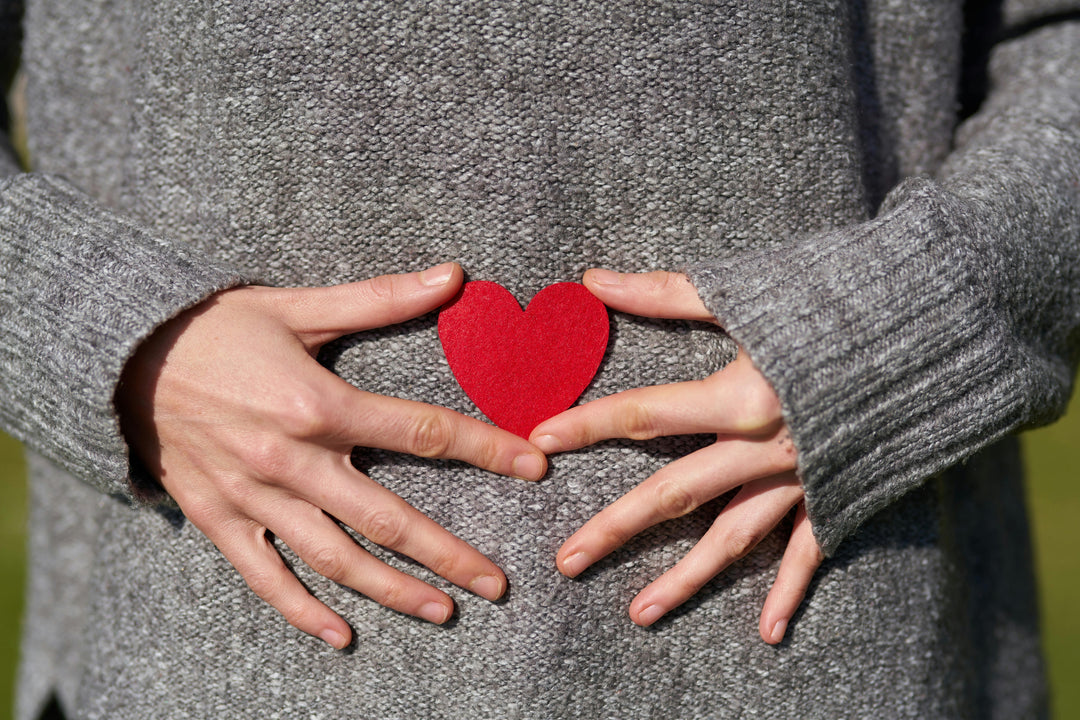What is CBD and How Does it Work?

CBD is a hot topic of discussion these days, and it's not just a trend.
CBD, an abbreviation for cannabidiol, is a natural compound in both cannabis and hemp plants. It has gained significant attention in recent years for its potential therapeutic properties and ability to address various health issues. With no slowdown in sight for its popularity, let's get into the origin, uses, benefits, and function of this natural powerhouse.
CBD: what's the source?
CBD is a non-psychoactive cannabinoid - a compound that interacts with the body's endocannabinoid system. These receptors are involved in a variety of functions in the body such as anxiety, depression and pain sensation. While there are dozens of compounds (including the famous psychoactive tetrahydrocannabinol (THC)), CBD is different. It doesn't induce the 'high' often associated with cannabis use. Typically, CBD is extracted from the hemp plant - although from the same species, the hemp plant is defined as containing less than 0.3% THC.
The health benefits and uses of CBD
CBD has been linked to numerous health benefits from the wide community of users. It's most celebrated for its potential to alleviate pain—research suggests it may help manage many forms of chronic pain such as arthritis and multiple sclerosis. This is because of its interaction with the body's cannabinoid receptors as mentioned above. Additionally, CBD's anti-inflammatory properties could offer relief for various inflammatory conditions.
Beyond physical wellness, many people use CBD as a natural alternative to improve their mental health. It has been said to reduce anxiety and depression symptoms and even enhance sleep quality. Furthermore, CBD's neuroprotective properties suggest its potential in treating conditions like epilepsy and Parkinson's disease. Numerous anecdotes worldwide endorse CBD's transformative effects on everyday life.
How does CBD work?
CBD operates via the endocannabinoid system in our bodies. This system controls several functions, such as pain sensation, mood, and appetite, using two receptor types—CB1, mainly in the brain and central nervous system, and CB2, predominantly in the immune system and peripheral tissues.
CBD communicates with both CB1 and CB2 receptors—albeit, it shows higher affinity for CB2. When CBD binds to these receptors, it influences their activity, resulting in effects like pain relief, inflammation reduction, and mood improvement.
Can you get addicted to CBD?
A common question about CBD is whether it's addictive. The concise answer is no. Unlike THC, which can potentially induce addiction, CBD doesn't create euphoria or activate the same brain reward pathways. Moreover, research reveals CBD's low abuse potential, solidifying its position as a safe, non-addictive treatment alternative for numerous conditions.
To sum up, CBD—a natural compound from cannabis plants—holds a multitude of potential health benefits. Predominantly extracted from hemp, CBD doesn't produce cannabis-associated psychoactive effects. Instead, by interacting with the body's endocannabinoid system, it can influence functions like pain perception, inflammation, and mood. What's more, CBD is non-addictive, positioning it as a safe treatment choice for various conditions.
Ready to explore the potential of CBD? Discover our range, and subscribe to our newsletter for more insights, updates, and ways to incorporate CBD into your wellness routine.


